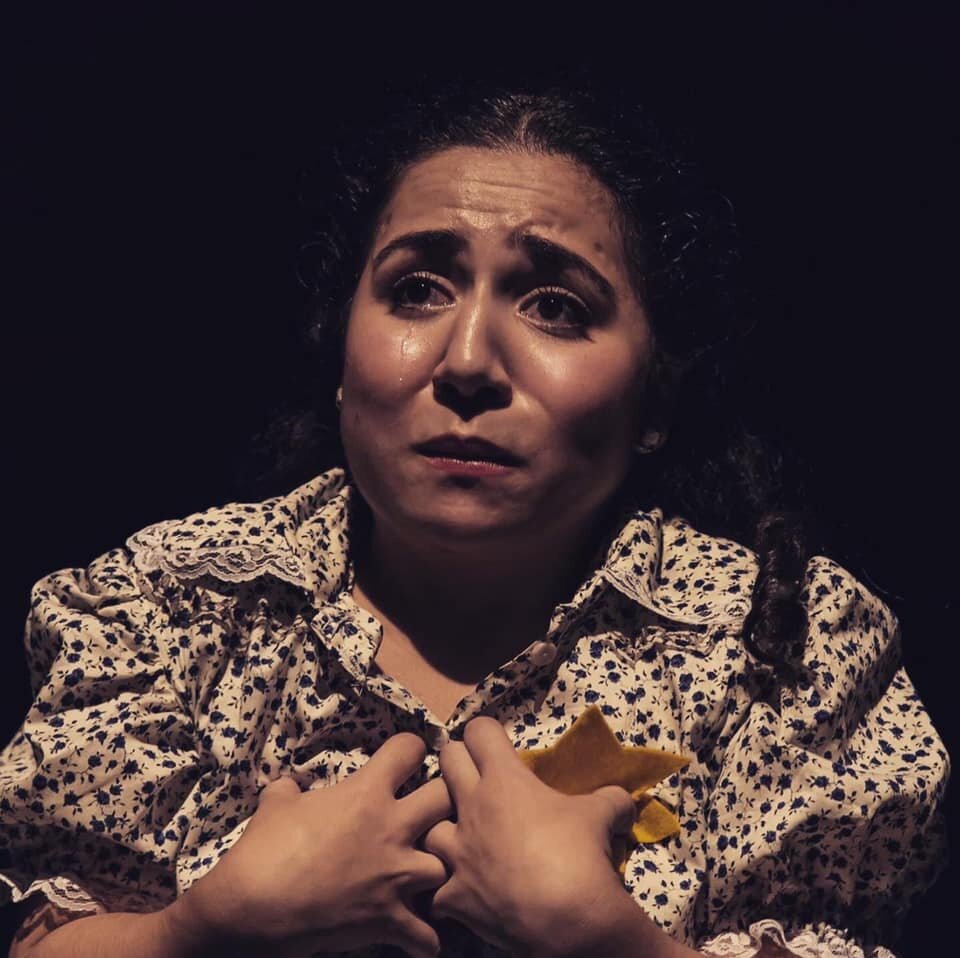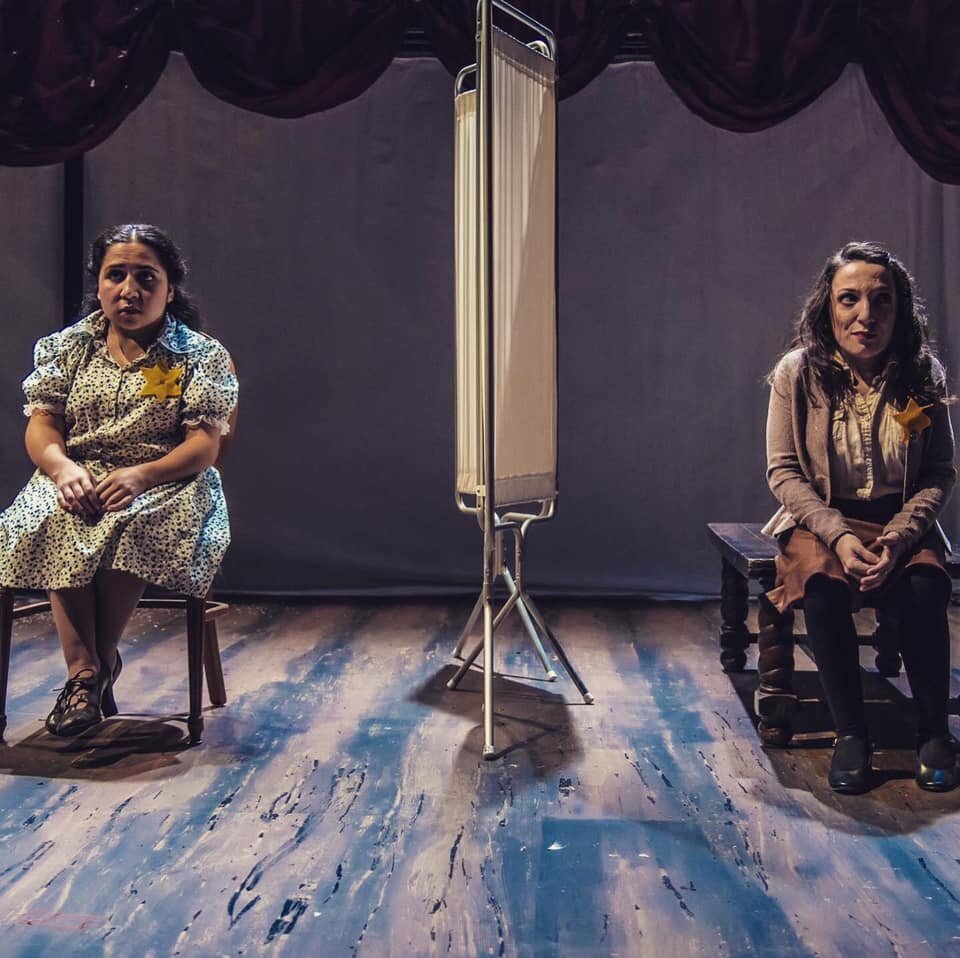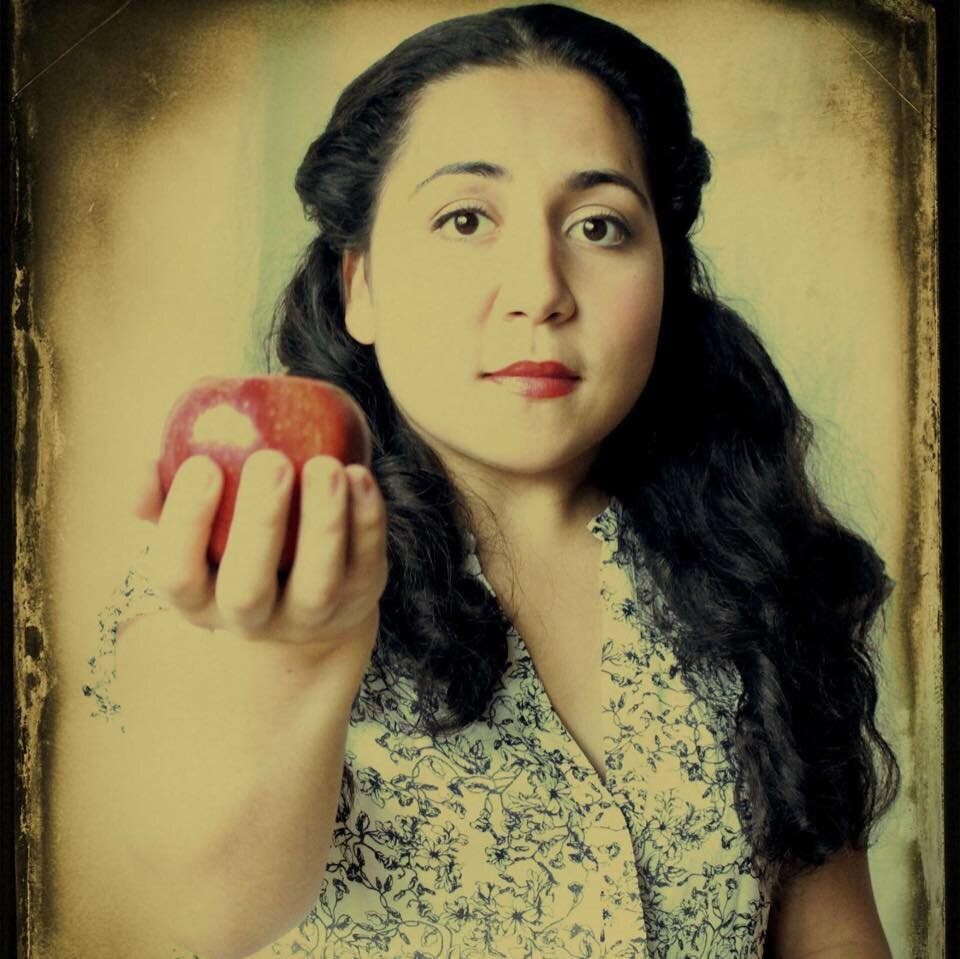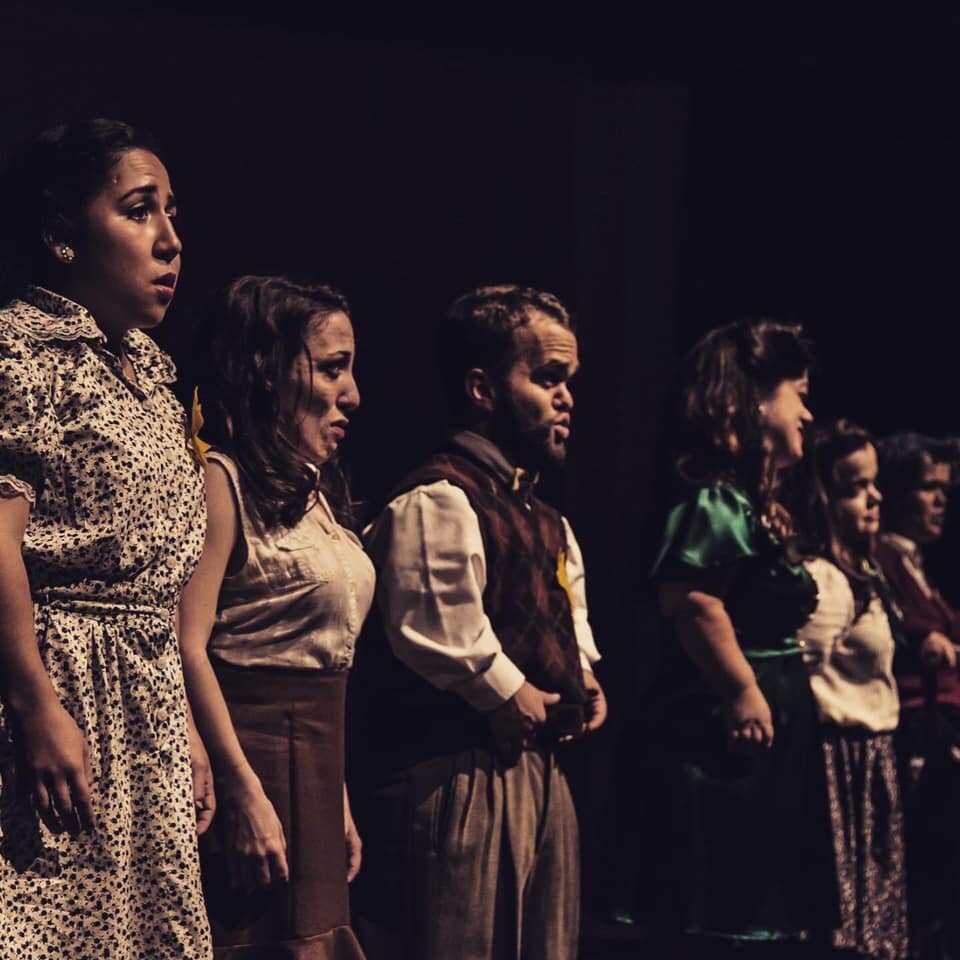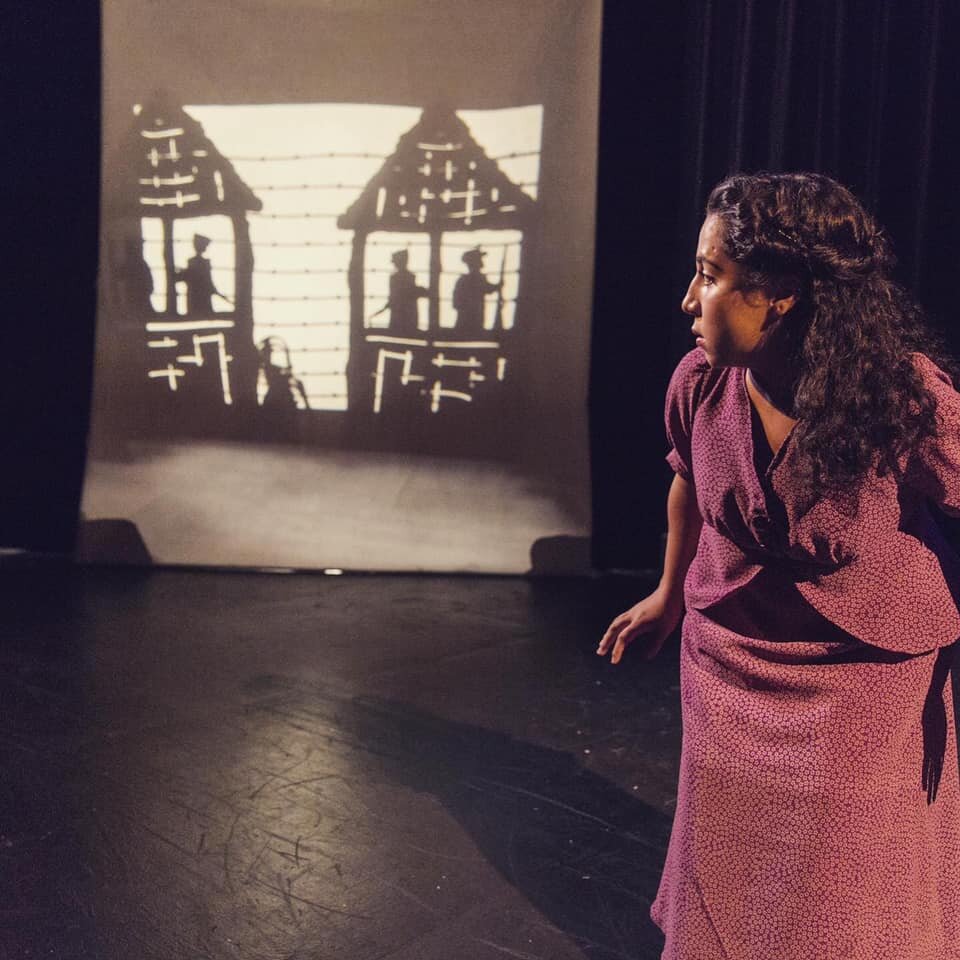Girl Talk: Taking Center Stage - Part 3
Here it is, the conclusion of my inspiring conversation with the actor and advocate Sofiya Cheyenne. She elaborates on her role as the chair of LPA’s Dwarf Artist Coalition, offers words of wisdom to aspiring actors, and divulges her dream role.
JILLIAN: You talked before about advocacy and I know that you are a part of the LPA Dwarf Artist Coalition. How did that happen?
SOFIYA: Great question. So, basically how it works is that the Dwarf Artist Coalition, the DAC, is a sub-committee in LPA that is just for the community. It is overseen by the membership director of the board. At the time I became involved, the membership director was Mark Povinelli who is now the President of LPA. Mark is an actor too and he reached out to me and said they are looking for a new chair for this artist’s coalition. My response was, “What?” I didn’t even know that the DAC was a thing in LPA. He explained what it was and invited me to take over. This coalition has actually been around since the nineties and, for a long time, it was heavily visual arts focused. The position came to me after the prior chair had to transition out of the role. Mark asked me to do it and I said yes. What I didn’t realize was how important it would be to me and how impactful it has been.
Before I took it on, for about two days at LPA Conferences there would be a big art gallery where people could go and check out the art, and some of the art would even be sold. That was all that the DAC was, an art gallery for a few days at national conferences. Then it became dormant for a few years. I took over around 2016, having just received the position in March, so for the July conference that first year, we only had an artist meetup Three people showed up. It was then that I realized I wasn’t the only person that didn't know about this coalition and I wanted to change that.
So, over the past 4-5 years, I have tried very hard to bring people in by creating projects and coming up with fun ways to create and collaborate together. We do this annual art project called Telephone where everyone gets two weeks to make something new and then you pass your art to someone else, whether it’s a picture or an mp3, and by the end of it you have ten new pieces from everyone, creating a show. That has really taken off and has helped bring the DAC back to life. Since then it has been amazing. We have had over 100 people at these events at conferences. This year we have 15 people doing Telephone, all dwarf artists from all different ages, all different mediums, and all different walks of life. The thing that is just so great about it is that it’s a home for dwarf artists. We don’t have that outside of LPA. There is no place for us to be safe in this industry whether you are a visual artist or a performance artist. My goal with the DAC is to really make a safe space for artists to create, collaborate and network together. I want us to feel like we are a family. I want us to feel like an ensemble and foster communities through our artistry. What’s funny is that COVID forced the thing that I’ve always wanted to do, but didn’t know how. I kept saying I want DAC to be everywhere- in the local chapters, in the districts, in the local LP communities. COVID happened, all of a sudden everything is virtual, and I’m like, “DUH!” This is how we make this happen. So, last summer, the DAC proposed a virtual track of events and now we are continuing to make space virtually and want to connect with local LP communities to bring the arts to them.
Little people are very creative. We have to be creative. We are innately adaptable and creative people. People with dwarfism are forced to be creative, it is a part of you. By the time you are an adult, you have probably figured out fifty different ways to do a lot of different things. To me, that makes me feel like the DAC can be everybody’s home. If you are a little person and you want to create something, that’s great. Because you are an LP and you are creating something, you are a part of this group. That’s how I see it. Of course, there are our very professional, dignified artists. That group is the leaders of the DAC. Every year it gets bigger and better and it’s my big baby of LP community organizing . I never really gave back to LPA as an adult until this and I love it and I really don’t want to give it up even though I know I’m going to have to one day.
JILLIAN: That’s a long ways away. I love that.
What advice would you give to a young LP who is dreaming of becoming an actor or working in the entertainment industry?
SOFIYA: I would say to the young LP that wants to be a part of the industry that acting is not the only thing that is available to you. There are so many important moving parts to what makes a show, whether it is a piece of theater, a TV episodic, or a film. All of those roles matter because one thing does not happen without somebody being ready and doing their job. It is important to do things that make you happy so if you want to pursue it then do it. But, just know that there are plenty of barriers and obstacles that will make you feel like you’re not worthy. I mean, how I’ve been saying it to myself is what I would say to my son if he was interested in acting, is that there is no barrier or obstacle in the industry that you have not overcome before.
LPs are so effing resilient. I know I said before that on the list of disabilities, as far as being considered, we are at the bottom. But if I were to tell you about heart, tenacity and resilience, we are at the top of that list. LPs, because we still get ridiculed, gawked or laughed at on a daily basis from a social perspective, we are always in a place of overcoming obstacles and being resilient. If you are going to be in the entertainment industry, the same obstacles will be presented again and again in different ways. But it’s not something that you haven’t overcome already.
JILLIAN: I love that. That is the perfect advice I wish someone gave to my younger self who aspired to be an actor one day.
Who do you look up to? They don’t have to be in the industry.
SOFIYA: I definitely look up to my mother who is average height. She’s a nurse. She’s an essential worker during this time and she is a hero in so many ways. I look up to her because she does not give up on anything. My mom is a doer. She wakes up and she just does. I’m like that too. If I’m not doing, then I ask myself, “What is my purpose?” It has everything to do with who I am. I think that the only way things get done is if you do and you have to not be afraid to just do it. Sometimes you fall on your face, but you have to do it first.
As far as in the industry, I have to mention Perla Ovitz. The Ovitz family is a real family in our LP history, and they are a family of survivors. They were Romanian Jews who survived The Holocaust together. Perla was the youngest of ten siblings, ironically seven little people, and she was an artist. She was a singer and a dancer. She made her own costumes and she performed with her siblings around Europe in a group called “The Lilliput Troupe”. We know more about her because she was the youngest and she died the latest. When I learned about Perla, I saw myself for the first time in the industry. When you’re young and you ask yourself what you want to be when you grow up, you think about who you see and what you see and how you relate to role models for yourself. Our generation did not get to grow up with LP role models, the next generation is just starting to. Today’s kids are seeing Peter Dinklage win all of the Emmys and Meredith Eaton consistently working on NCIS and MacGyver. I still think there needs to be more advocacy, but at least they are in front of the camera and not in a circus, freak show, or costume. That matters.
Perla and her family, in the 40’s, were LPs that wanted to be taken very seriously as artists. They travelled Europe and they were themselves all the time. They sang and they played instruments and were actors and performers. If she can do it during WWII, survive the Nazi camps and go on to run a movie theater in Israel until she’s 80, then I can do anything. Perla, to me, is that role model that I never saw when I was a kid but discovered as an adult.
JILLIAN: I love that so much.
SOFIYA: Yes, and she’s just so beautiful. And she’s a woman, too. I really hit on this point because a lot of the females that have existed in our history in the entertainment industry became successful by playing a man. For example Linda Hunt who has pituitary dwarfism, won an Oscar playing Billy Kwan in The Year Of Living Dangerously. It shows that the female aspect of disability is still way behind. Forget disability, women are resilient!
JILLIAN: Yes we are.
Are there any questions that I have not asked that you would like to answer?
SOFIYA: Honestly, I feel like we hit a lot. No. I’ve loved the last few questions you asked, it brought the conversation home for me. Definitely, when you talk to your younger self or you think about the future, those points are important to hit.
JILLIAN: This has truly been one of the most amazing conversations that I’ve been a part of.
I always end on a fun question. No rules applied, what is your dream role in any show? And why? You can gender bend and disability doesn’t matter.
SOFIYA: I’m going to say this because it came up after I did the show and now I feel like that would be so bad ass. I would play Richmond in Shakespeare’s Richard III. Richmond, who is a male, is, essentially, the character that beats Richard at the end of the play. If it was played by a female dwarf, I mean come on! That would be the best version of Richard III.
JILLIAN: Someone make this happen, please.
SOFIYA: Now that I’ve thought of it, I can’t get it out of my head.
As far as contemporary stuff in theater, I would just love to do a romantic comedy and play the leading lady, get to fall in love and have a baby in a show to show the world that that’s possible. It’s super kitschy and I know a lot of women want to stay away from the domestic stereotype but, shit, I would kill for a role like that, just to bring some normalcy.
I really love a lot of things. As far as powerful, impactful, that version of RIII would be really cool to me.
JILLIAN: Someone needs to make that happen.
SOFIYA: It would be so bad ass. And Richard should be played by a person with a disability so, in a sense, you would have two disabled leads. In real history they were two families fighting for the throne. Wouldn’t that be so cool?
JILLIAN: Yes. I’m thinking of people I could talk to about this because I want to see it happen on stage.
SOFIYA: Yes. Richard should be a male and Richmond should be a female so that it’s the woman that comes out on top.
JILLIAN: We will make that happen.





